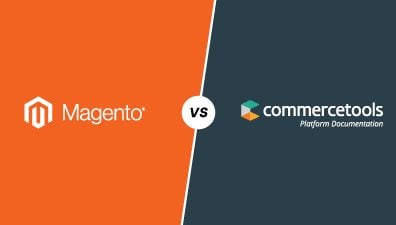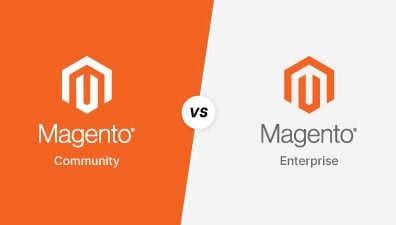In the fast-paced world of eCommerce, seamless customer relationship management (CRM) integration with Magento has become imperative for businesses striving to enhance their operations. A Magento CRM integration bridges the gap between customer data and sales processes, offering a consolidated platform for efficient management and enhanced customer experiences. This integration streamlines marketing strategies, bolsters customer service, optimizes operations, and amplifies sales efforts. If you are looking for a list of the greatest CRM choices to integrate into your Magento 2 websites, look no further!
Table of Contents
Top 14 Magento CRM Integration Solutions
Salesforce
Salesforce, the leading customer relationship management solution, stands out as a top choice for Magento CRM integration. This CRM technology is renowned for its comprehensive approach to managing and enhancing customer relationships across various business aspects, including marketing, sales, commerce, service, and IT. Developed by Salesforce, a pioneer in CRM solutions since 1999, Salesforce CRM is especially effective in providing a unified platform for businesses of all sizes, from small startups to large enterprises. It enables companies to store, track, and analyze customer and prospect information in a centralized database, offering a complete and real-time view of customer interactions and data across the entire customer lifecycle.
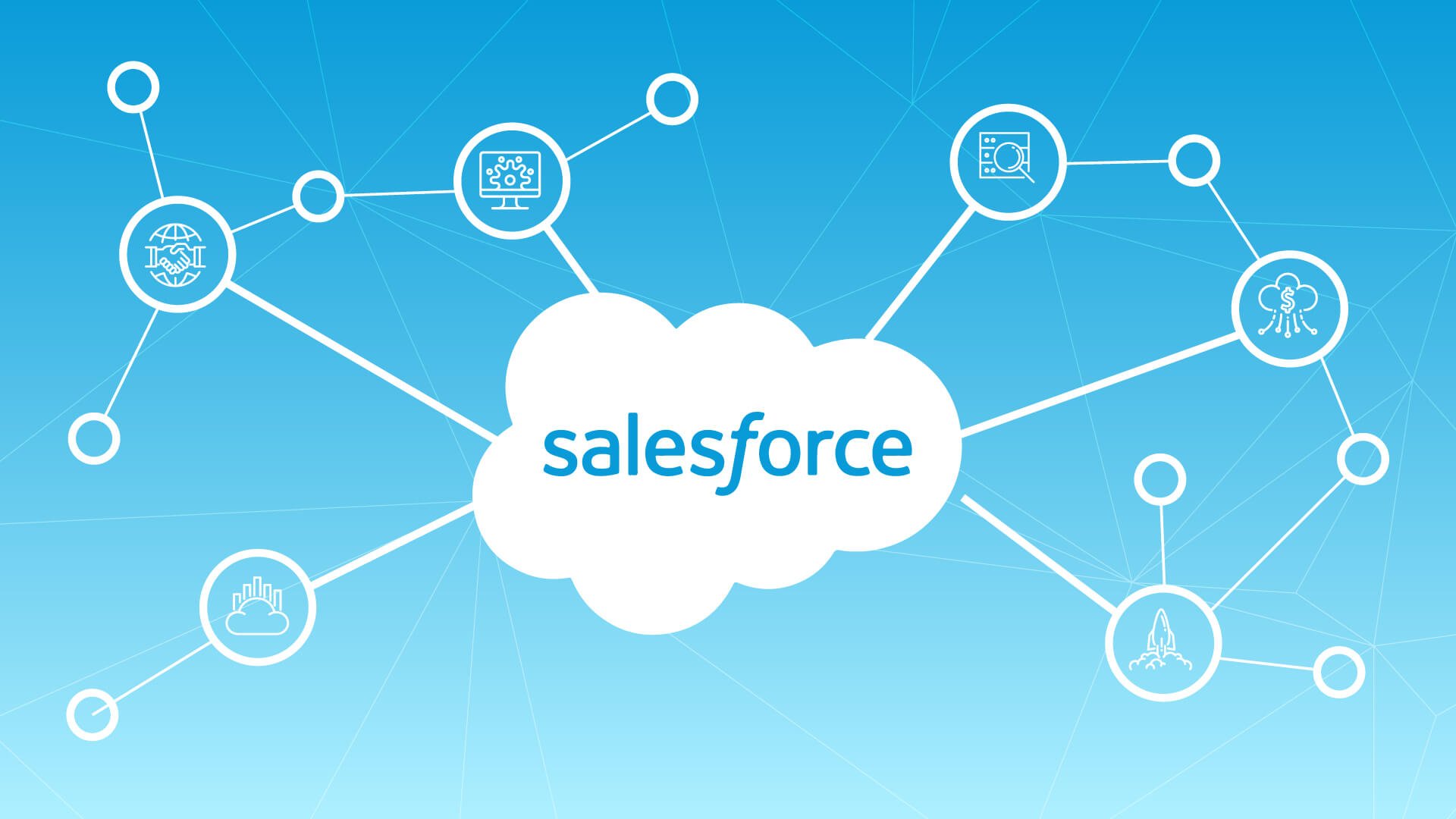
The key features and benefits of Salesforce CRM include its advanced integration capabilities, AI-driven insights, and scalable cloud-based infrastructure. With its suite of market-leading applications, Salesforce Customer 360 extends beyond traditional CRM functionalities to encompass every customer touchpoint. The system integrates seamlessly with diverse data sources, empowering businesses with real-time actionable insights through MuleSoft integration and Tableau business intelligence. Salesforce’s built-in AI, Einstein, along with collaborative tools like Slack, automate and streamline business processes, enhancing productivity and customer engagement. Additionally, Salesforce CRM’s flexibility and adaptability make it an ideal choice for businesses of any size and industry, further supported by a vast ecosystem of partner apps and services. This customer-centric approach, backed by a robust and secure cloud infrastructure, ensures that Salesforce CRM not only meets but exceeds the dynamic needs of businesses aiming for efficient and effective customer relationship management.
HubSpot CRM
HubSpot CRM revolutionizes customer relationship management by offering a comprehensive suite of free tools tailored for various team roles, including sales, marketing, customer service, and operations. This user-friendly platform simplifies complex processes and enhances business efficiency without any cost. Key to its appeal is the ability for sales leaders to gain real-time insights into their sales pipeline through an intuitive visual dashboard, alongside detailed performance and activity reports. The platform supports unlimited data storage and allows managing up to 1 million contacts, making it a robust tool for managing customer relationships and tracking progress toward quotas.

For sales teams, HubSpot CRM provides an array of efficient, time-saving tools designed to streamline the sales process. Features such as meeting schedulers, email template builders, live chat software, and AI-driven email writers empower salespeople to close deals more effectively. The CRM also keeps sales representatives informed with notifications about prospect interactions, such as email opens or website visits, enabling timely and informed follow-ups. Beyond these free offerings, HubSpot CRM extends into enterprise-grade solutions for more advanced needs, including premium versions for marketing, sales, customer service, and more, ensuring scalability and comprehensive functionality for businesses of all sizes.
Zoho CRM
Zoho CRM emerges as a top-tier choice for Magento CRM integration, offering a dynamic and efficient solution to enhance the performance of customer-facing teams. Its robust automation, comprehensive analytics, and personalized solutions provide a platform for superfast work and steadfast growth, with a promise of the fastest implementation in the enterprise CRM market. Zoho CRM stands out for its ability to foster excellent customer relationships, enabling businesses to engage with customers through the right channels at the right time. It empowers businesses with an omnichannel presence, advanced segmentation capabilities, KPIs, and predictive intelligence, all designed to cultivate customer loyalty through personalized experiences.
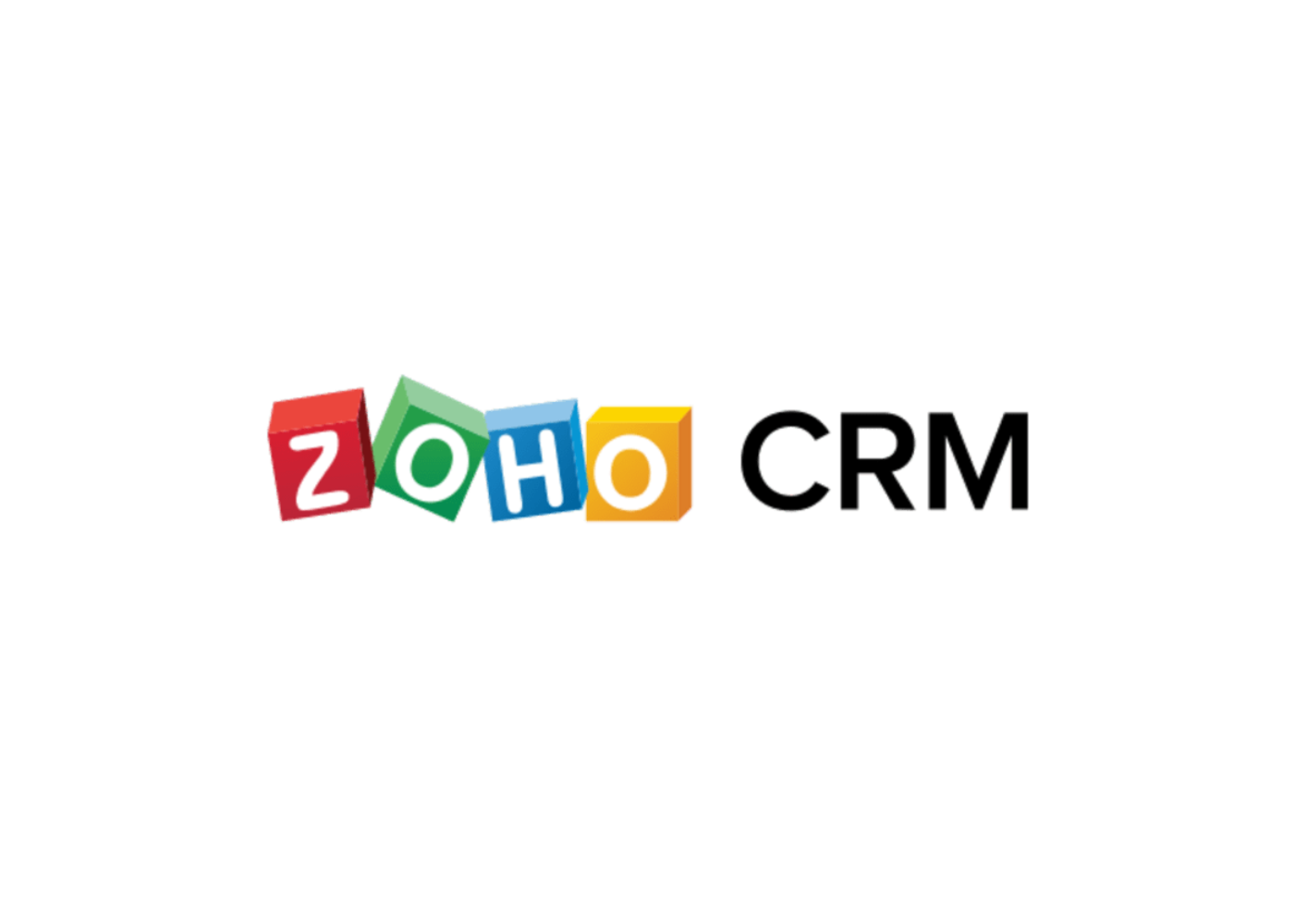
The key features and benefits of Zoho CRM include a streamlined work experience that maximizes productivity with minimal effort. Contradicting the myth that CRMs are predominantly about data entry, Zoho CRM focuses on automating workflows, processes, campaigns, and customer journeys, allowing teams to concentrate more on relationships rather than software. Additionally, Zoho CRM offers rich analytics for hyper-managing operations, providing actionable insights, custom reports, and real-time operational measurements to drive sustainable growth. Its intelligent AI, Zia, offers accurate predictions and recommendations for each lead. The CRM is highly customizable, scalable, and integrates seamlessly with over 800+ apps, making it a flexible and powerful solution for businesses seeking to optimize their CRM strategies in sync with Magento.
Microsoft Dynamics 365
Dynamics 365, developed by Microsoft, stands out as a versatile and intelligent suite of business applications, offering a top-tier choice for Magento CRM integration. It’s designed to streamline business operations and enhance customer engagement through predictive, AI-driven insights. Dynamics 365 is unique in its modular approach, allowing businesses to select individual applications or an integrated suite that works seamlessly with existing systems, providing a comprehensive solution to connect various aspects of a business. This flexibility ensures that each business can tailor the Dynamics 365 experience to its specific needs, ensuring a cohesive and efficient operation that aligns with every customer interaction.
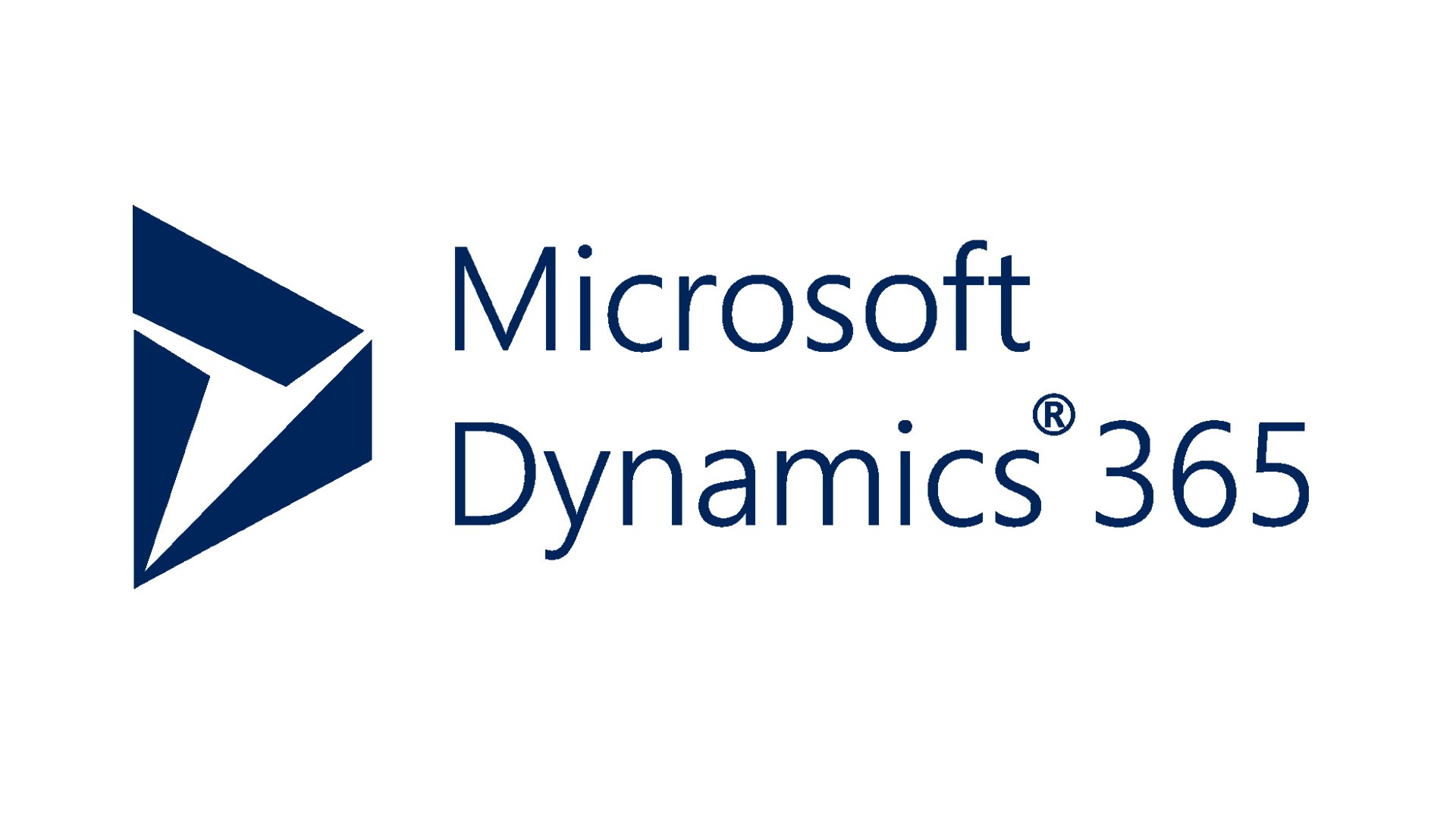
Key features and benefits of Dynamics 365 include its robust release plans, extensive community support, and a plethora of training and certification opportunities. The platform offers a wide array of resources for adoption and change management, helping businesses smoothly transition to and effectively utilize the Dynamics 365 applications. With its focus on continuous improvement, Dynamics 365 regularly updates its offerings, guided by user feedback and industry trends. Additionally, the platform’s training modules and certifications, particularly in Dynamics 365 fundamentals and CRM, equip users with the knowledge and skills needed to maximize the potential of the CRM system. This blend of adaptability, comprehensive support, and continuous learning makes Dynamics 365 an ideal CRM solution for businesses looking to integrate with Magento and optimize their customer relationship management.
Pipedrive CRM
Pipedrive is a highly efficient CRM tool that stands out for its effectiveness in organizing sales processes, making it an excellent choice for integration with Magento. Renowned for helping users achieve an average of 28% more closed deals within their first year, Pipedrive offers a user-friendly interface and customizable features tailored to various sales strategies. The platform emphasizes the importance of visual sales pipelines, which users can easily customize to reflect their unique sales process. This customization allows for a seamless transition of deals through various stages, with the flexibility to adapt templates or create personalized stages. Pipedrive’s focus on actionable sales steps rather than just the end goal of making a sale, along with its intuitive setup process, makes it a practical solution for businesses looking to enhance their sales efficiency.

Key features of Pipedrive include robust lead and deal management, communication tracking, automation, insights, and comprehensive reporting. These features are designed to prioritize deals effectively, track performance, and predict revenue accurately. The CRM’s ability to manage and feed hot leads directly into the sales pipeline, coupled with its capability to track all forms of communication, ensures complete visibility and control of the sales process. Moreover, Pipedrive’s emphasis on automating administrative tasks and utilizing artificial intelligence for growth and learning significantly reduces busy work. Its insights and reports offer deep dives into metrics customized for individual business needs, aiding in measuring performance against set goals. With a strong emphasis on privacy and security, mobile accessibility, and over 350 integrations, Pipedrive stands as a top Magento CRM integration solution, highly rated by thousands of users worldwide.
AgileCRM
Agile CRM is a game-changer in the world of Magento CRM integrations. This all-in-one solution empowers businesses to market and sell like Fortune 500 companies. Agile offers a trifecta of sales enablement, marketing automation, and customer service in a single, user-friendly platform. With its affordability, modern features, and cloud-based agility, Agile CRM stands out as a next-generation solution.
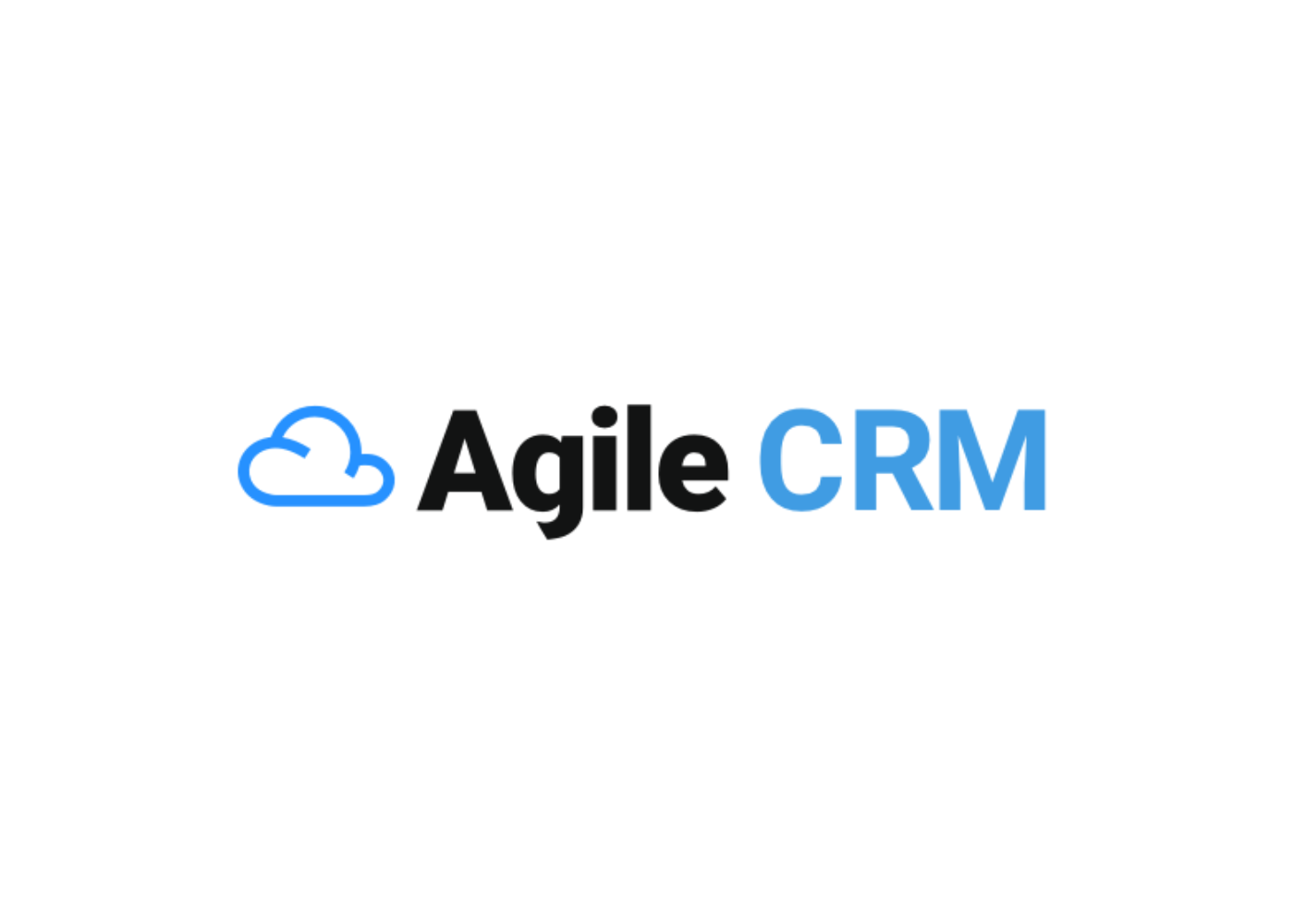
Key features include streamlined lead management, sales gamification, project management, and robust email marketing tools. AgileCRM’s seamless integration with Magento via a dedicated plugin simplifies cross-channel campaigns and enhances customer engagement. It’s designed to help businesses, big and small, elevate their operations and productivity. If you’re seeking an affordable, all-in-one CRM that can transform your Magento-based business, Agile CRM should be your top choice. Join our upcoming webinar to discover how Agile CRM can supercharge your eCommerce success.
Vtiger
Vtiger CRM is a top-tier Magento 2 integration that brings affordability, ease of use, and powerful customer relationship management to small business owners and startups. This CRM tool seamlessly streamlines communication between clients and sales teams, enhancing overall efficiency. Vtiger empowers your Magento 2 store by boosting customer engagement through social media and email marketing, all managed from a unified dashboard that provides comprehensive lead details and efficient sales management.
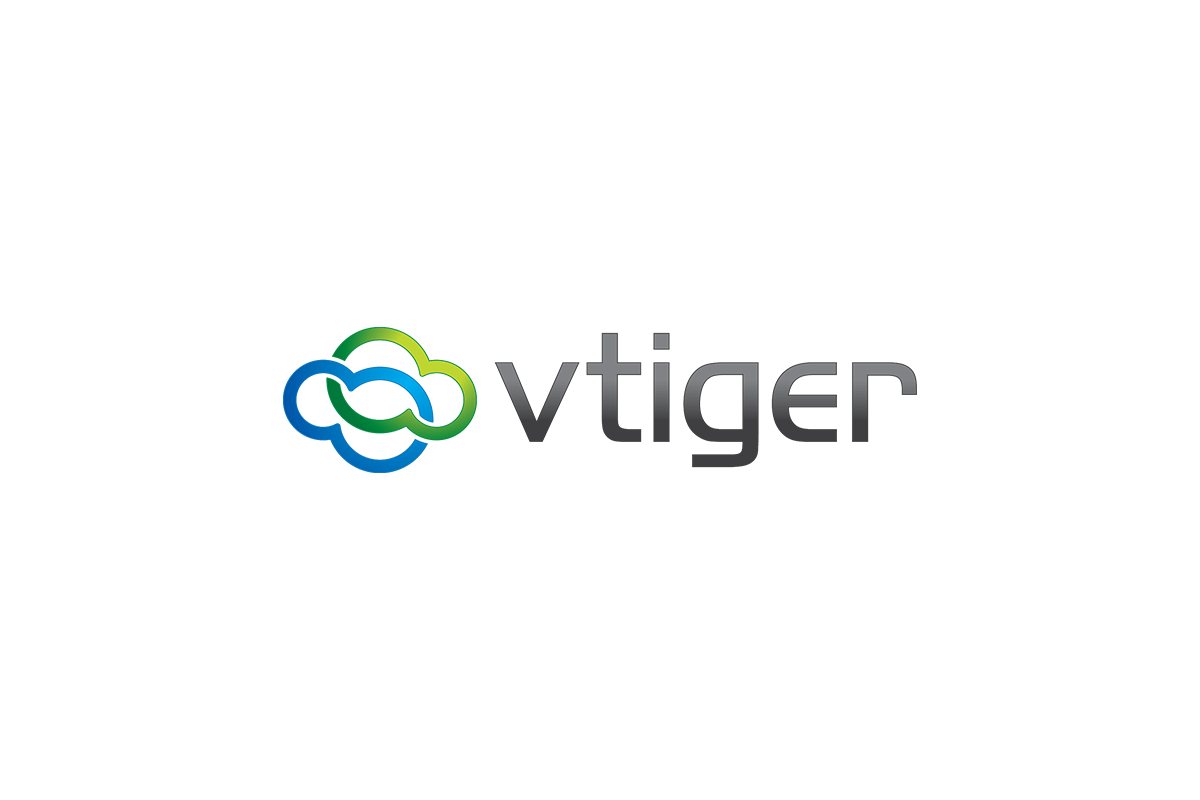
Key Features of Vtiger CRM for Magento 2 include real-time tracking of leads and customer progress, automation for workflow efficiency, robust reporting and analysis of store performance, and the ability to send promotional campaigns to potential customers. With pricing options that cater to different business needs and an interface designed for easy implementation, Vtiger CRM stands out as a versatile and budget-friendly choice. Whether you’re a startup or an enterprise, Vtiger’s unified platform is ready to enhance your marketing, sales, and support operations, making it a recognized leader in the CRM space.
Freshsales
Freshsales is an exceptional CRM integration for Magento 2 that prioritizes your marketing and sales endeavors. Ideal for startups and small businesses, Freshsales offers a feature-rich CRM platform on a budget. Freshsales CRM stands out with its advanced sales intelligence and workflow automation capabilities, empowering your marketing and sales teams with tools such as lead segmentation and follow-up email automation. If you’re seeking a Magento CRM integration that can turbocharge your sales and marketing efforts, Freshsales is a must-try option. This lightweight and user-friendly CRM package is perfect for SMBs looking to kick-start and scale their operations rapidly.

Freshsales ensures seamless data synchronization between your Magento store and CRM, offering a unified dashboard for multichannel customer engagement. Create personalized customer journeys based on actions, leverage AI-powered lead management, and benefit from dynamic revenue forecasting. Tailor email campaigns for cost-effective lead generation. More than that, Freshsales Suite helps to unify your sales and marketing efforts around your customers with Freshsales Suite. This lightweight CRM package is perfect for SMBs eager to streamline their operations. It delivers seamless customer engagement across multiple channels, identifies the most promising leads for faster conversions, and offers AI-powered chatbots for real-time interactions.
SugarCRM
SugarCRM is a highly recommended CRM solution for Magento stores, particularly catering to small to mid-sized businesses. With pricing starting at $49/user/month, SugarCRM offers a comprehensive suite of features that can streamline marketing, sales, and customer service tasks, reducing manual work and enhancing efficiency. They divide their CRM into three essential categories: Sugar Market, Sugar Sell, and Sugar Serve, focusing on key aspects of customer relationship management.

One of SugarCRM’s standout features is its extensive customization options, thanks to its open API and mobile SDK, making it suitable for mid-level enterprises seeking tailored solutions. The CRM offers an intuitive interface, feature-rich mobile apps for iOS and Android, and real-time analytics on critical KPIs. However, it does have a steep learning curve and may not be budget-friendly for all businesses. Some useful extensions to connect SugarCRM with Magento include those offered by DanmarCRM, Mageplaza, and Appy Pie, allowing Magento store owners to efficiently communicate with customers and manage sales processes.
SugarCRM stands out as a top Magento CRM integration, offering features like omnichannel support, intelligent ticket prioritization, and marketing automation with predictive analytics. It enables self-service portals and knowledge bases for customers, making issue resolution easier. However, it may require technical expertise to handle its overwhelming feature set. Integrating SugarCRM with Magento 2 allows for seamless management of sales processes, customer data, and marketing campaigns, making it a valuable asset for businesses seeking a comprehensive CRM solution.
EngageBay
For small Magento businesses seeking a single and lightweight CRM solution, EngageBay emerges as a solid option. It serves as an all-in-one platform for sales, service, and marketing automation, streamlining various business operations. Similar to HubSpot, EngageBay offers two distinct packages: Marketing Bay and CRM & Sales Bay, each tailored to specific team needs within your store. However, you also have the option to subscribe to the all-in-one package, providing a comprehensive solution for your Magento business.
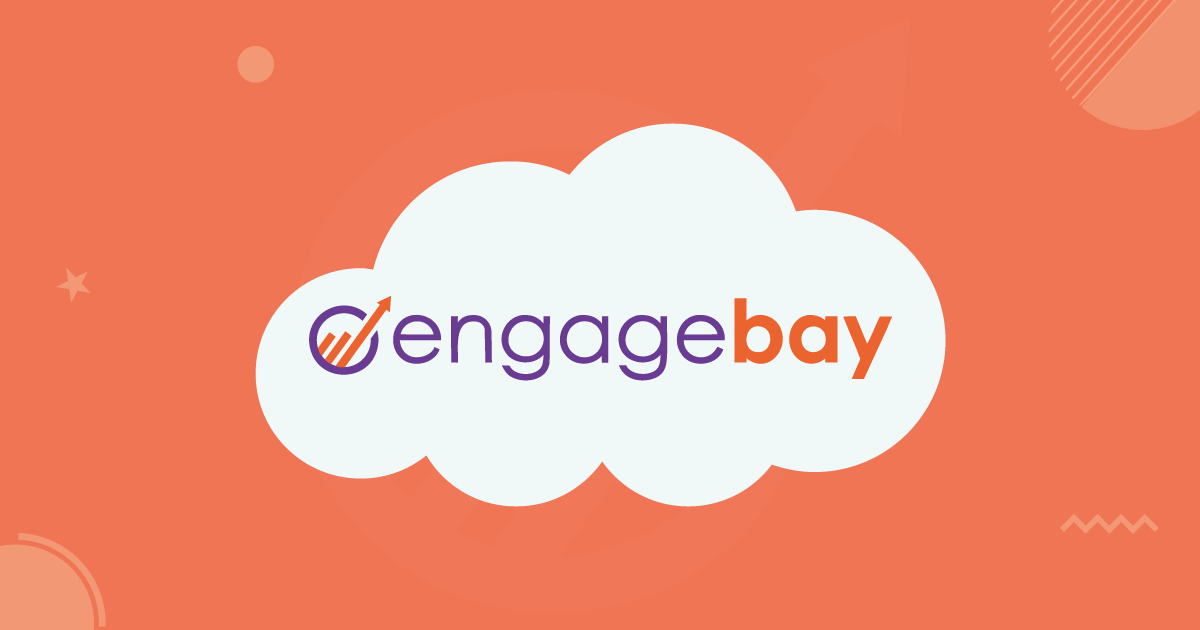
While the software interface may appear dated and initially challenging to navigate, users often find that, with some familiarity, they can effectively utilize all available features. One noteworthy aspect is responsive customer support, which can assist users in overcoming any hurdles they encounter. EngageBay offers pricing tiers that range from Free to Basic ($14.99/user/month), Growth ($49.99/user/month), and Pro ($99.99/user/month). Key features include improved alignment between marketing and sales teams, centralized customer contact management, comprehensive tracking of emails, calls, notes, and lead progress, sales pipeline visualization, powerful sales reporting, lead qualification, engagement tracking, and scheduling meetings for groups.
ReadyCloud CRM
ReadyCloud CRM is a robust CRM solution that excels at connecting with popular shopping carts and marketplaces, providing Magento businesses with a comprehensive hub for managing their data. One of its standout features is its virtually unlimited filtering and sorting options, allowing users to efficiently organize and access their data. It goes beyond traditional CRM functionalities by offering plugins for multi-carrier shipping software (ReadyShipper X) and an automated returns software solution (ReadyReturns). Additionally, ReadyCloud CRM features built-in growth marketing capabilities through Action Alerts, enabling automated SMS and email alerts for customers. These alerts can be customized based on customer order history, region, and seasonality, facilitating cross-selling and upselling opportunities.
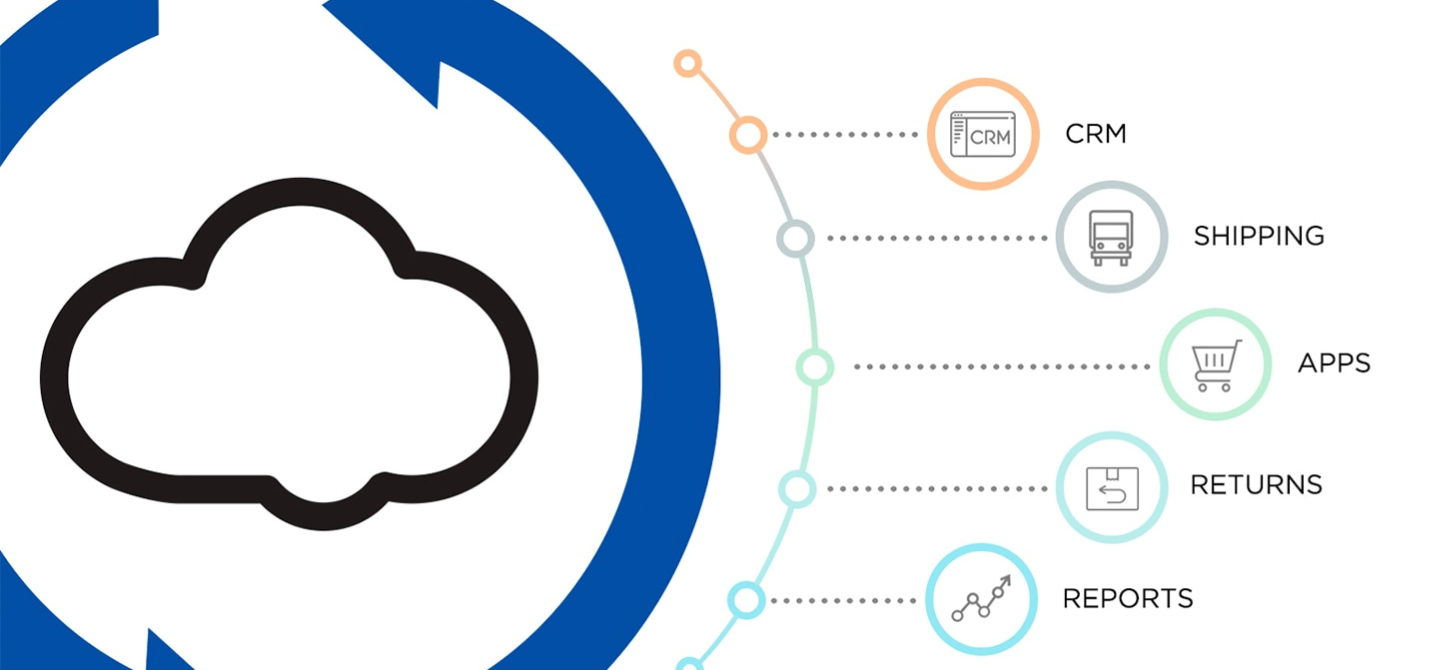
The CRM seamlessly integrates with Magento 1 & 2, as well as other popular shopping carts and marketplaces like Amazon and eBay. It empowers businesses with individual customer profiles that include shipping and order timelines, customer tagging, notes, and more. The pros of ReadyCloud CRM include its unlimited filtering and sorting options, consolidation of sales channel data in one hub, the availability of shipping, returns, and growth marketing plugins, and a cost-effective per-user pricing model. While it offers many advantages, users should be aware of per-user fees for adding seats and the requirement for a credit card after a 14-day trial period.
Odoo
Odoo’s Magento 2 CRM integration offers an extensive suite of tools that enable businesses to efficiently manage marketing, sales, accounting, and various other aspects of their operations. What sets Odoo apart is its customizable and modular approach, allowing businesses to select the specific apps they need and create a tailored suite of business tools. The Odoo CRM solution is a valuable addition to Magento 2 stores, as it enhances lead management and sales processes. The CRM’s intuitive dashboard provides visual analytics and accurate sales forecasts, aiding in informed business decision-making. Moreover, built-in reporting and chart generation tools provide real-time insights by collecting data from your store. Odoo also offers team messaging functionalities to enhance team collaboration. Integration with Magento 2 allows for complete control of the store’s backend directly from the Odoo platform, streamlining operations.

Key features of Odoo’s Magento 2 CRM integration include in-depth customer analysis and reporting. The flexibility of open-source CRM for Magento 2 makes it easy to customize, with direct management of the Magento 2 store from Odoo, and compatibility with a wide range of Odoo apps for seamless integration. Additionally, Odoo offers auto-generation of reports, making it a comprehensive solution for businesses seeking to enhance their CRM capabilities. Pricing for Odoo’s plans ranges from a free option for one app to Standard and Custom plans that include all apps for a single fee, ensuring transparency and flexibility for businesses of all sizes.
Zendesk
Zendesk Sell is a highly regarded CRM tool known for its simplicity and user-friendliness, making it an excellent choice for Magento 2 store owners. Trusted by thousands of clients worldwide, Zendesk Sell offers an intuitive dashboard that tracks sales activities and progress in real-time. As a cloud-based CRM solution, it ensures accessibility from anywhere, anytime, allowing users to stay updated with real-time data and reports through the Zendesk mobile app.
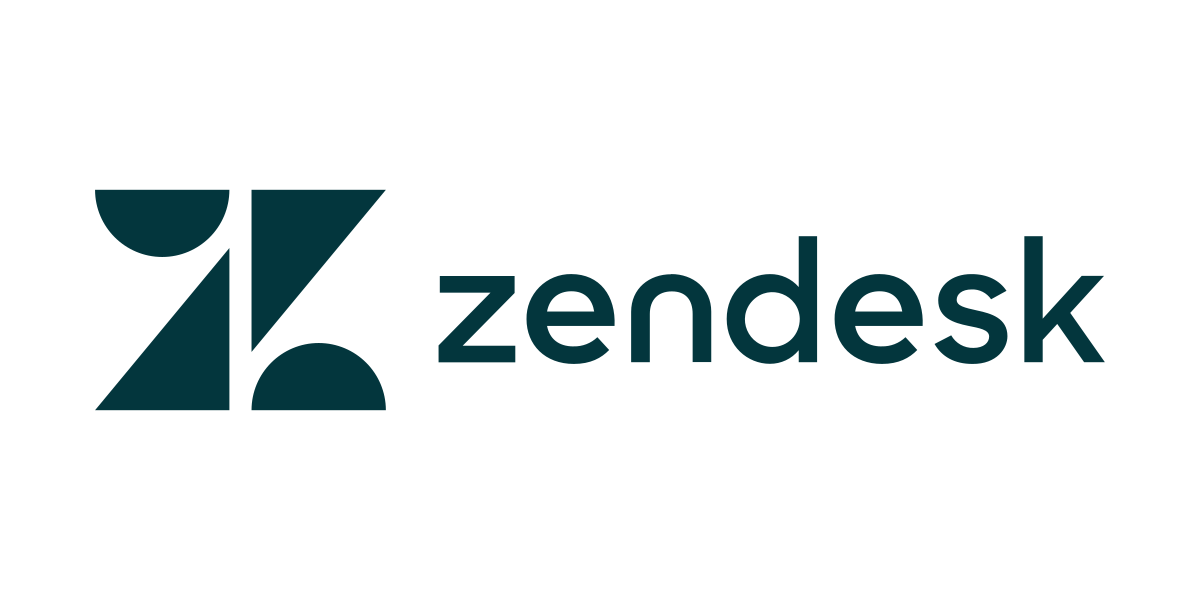
One standout feature of Zendesk CRM for Magento 2 is its email intelligence tool, which streamlines email communication management by consolidating all email interactions in one place. This feature ensures that users never miss important updates and supports email automation, saving time and enhancing productivity. Additionally, the CRM provides built-in email templates that simplify marketing and sales communications for store owners. With its extensive database of sales prospects, powerful sales reporting and analytics, cross-platform support, and easy integration through APIs, Zendesk Sell offers a comprehensive solution for Magento 2 businesses. Pricing options include Suite Team ($49/agent/month), Suite Growth ($79/agent/month), and Suite Professional ($99/agent/month), making it accessible to a range of business sizes.
Metrilo CRM
Metrilo is a top-notch CRM integration for Magento 2, offering an easy-to-use yet powerful platform tailored for small business owners. It excels at collecting and organizing comprehensive customer data, providing a deep understanding of customer behavior. The CRM’s dashboards offer a complete customer database that can be segmented based on various filters, including actions, performance, product browsing, and campaign engagement. Metrilo CRM further distinguishes itself with robust email marketing capabilities, leveraging the collected data to target leads effectively. Its clean and intuitive user interface is complemented by a CRM assistant that provides valuable suggestions to users.

Key features of Metrilo CRM include powerful customer segmentation, built-in email marketing features, eCommerce analytics, and the absence of user limits, making it accessible for growing businesses. With pricing options such as Essential ($119/month), Pro ($199/month), and Premium ($299/month), Metrilo provides flexibility in choosing the right plan for different business needs. Metrilo CRM is a standout Magento CRM integration that empowers small business owners to make the most of their customer data, offering a user-friendly experience, robust analytics, and effective email marketing capabilities to drive growth and enhance customer relationships.
For a better comparison, we have created this table based on Forbes reviews.
| Magento CRM Integration Solutions | Entry price | Forbes reviews | Forbes rating |
| Salesforce CRM | Custom pricing | Best for reporting and analytics | 4.3 |
| HubSpot CRM | Free plan available | Best CRM for sales, marketing, and service | 4.1 |
| AgileCRM | Free plan available | Best feature-rich free option | 4.2 |
| EngageBay | Free plan available | Best for live chat | 4.8 |
| Odoo | Free plan available | Best all-in-one platform | 4.1 |
| Zoho CRM | Starting at $14/user/month | Best for overall features and value | 4.8 |
| Microsoft Dynamics 365 | Starting at $14/user/month | Best overall | 5 |
| Freshsales | Starting at $15/user/month | Best for AI-powered sales features | 3.9 |
| Zendesk | Starting at $19/user/month | Best CRM with help desk integrations | 3.9 |
| Vtiger | Starting at $20/user/month | Best intuitive open source CRM | 3.8 |
| ReadyCloud CRM | Starting at $24/user/month | No review | No rating |
| SugarCRM | Starting at $49/user/month | Best enablers of innovation | No rating |
| Pipedrive CRM | Starting at $50/user/month | Best for à la carte add-ons | 3.9 |
| Metrilo CRM | Starting at $99/month | No review | No rating |
The importance of integrating CRM with Magento
integrating CRM with Magento is crucial for businesses looking to optimize their eCommerce operations. It helps to enhance store performance in 3 main features:
In Marketing and Customer Service
Magento CRM integration offers a multitude of benefits in the domains of marketing and customer service. To begin with, it provides businesses with enhanced customer insights. By merging the data collected from various customer touchpoints, such as website visits, purchases, and support interactions, the integration grants a holistic view of customer behavior and preferences. This comprehensive understanding enables businesses to tailor their marketing efforts more effectively and offer products and services that align with individual customer needs.

Moreover, the integration facilitates improved targeted marketing. With access to integrated CRM data, businesses can segment their customer base more accurately. They can categorize customers based on demographics, purchase history, and engagement history. Armed with this segmentation, businesses can create highly personalized marketing campaigns that resonate with specific customer groups, resulting in higher conversion rates and increased sales.
Another significant advantage lies in streamlined customer service. Integrating CRM with Magento allows customer support teams to access customer information, order history, and support interactions directly from the eCommerce platform. This seamless access to relevant data enables quicker and more efficient customer support. Agents can provide more personalized assistance, resolving issues promptly, and enhancing overall customer satisfaction.
In Operations and Logistics
The integration of CRM with Magento extends its benefits to the realm of operations and logistics. A key advantage is improved inventory management and forecasting. CRM systems can track customer demand and preferences, providing valuable data for optimizing inventory levels. Businesses can make informed decisions about product restocking and forecasting based on this information, leading to more efficient inventory management practices and cost savings.

Additionally, the integration enhances order tracking and fulfillment processes. By sharing real-time order updates and delivery status information with customers, businesses can improve transparency and communication. Customers appreciate being kept informed about the progress of their orders, leading to higher satisfaction levels and potentially repeat business. This feature can also help businesses address any potential issues promptly, further boosting customer confidence.
In Sales and CRM
In the sales and CRM domain, Magento CRM integration plays a pivotal role in driving efficiency and accuracy. Data accuracy and efficiency are paramount. Manual data entry and duplication errors are reduced significantly through integration, ensuring that customer data remains accurate and up-to-date across systems. This not only saves time but also minimizes the risk of errors that can negatively impact customer relationships and operational processes.
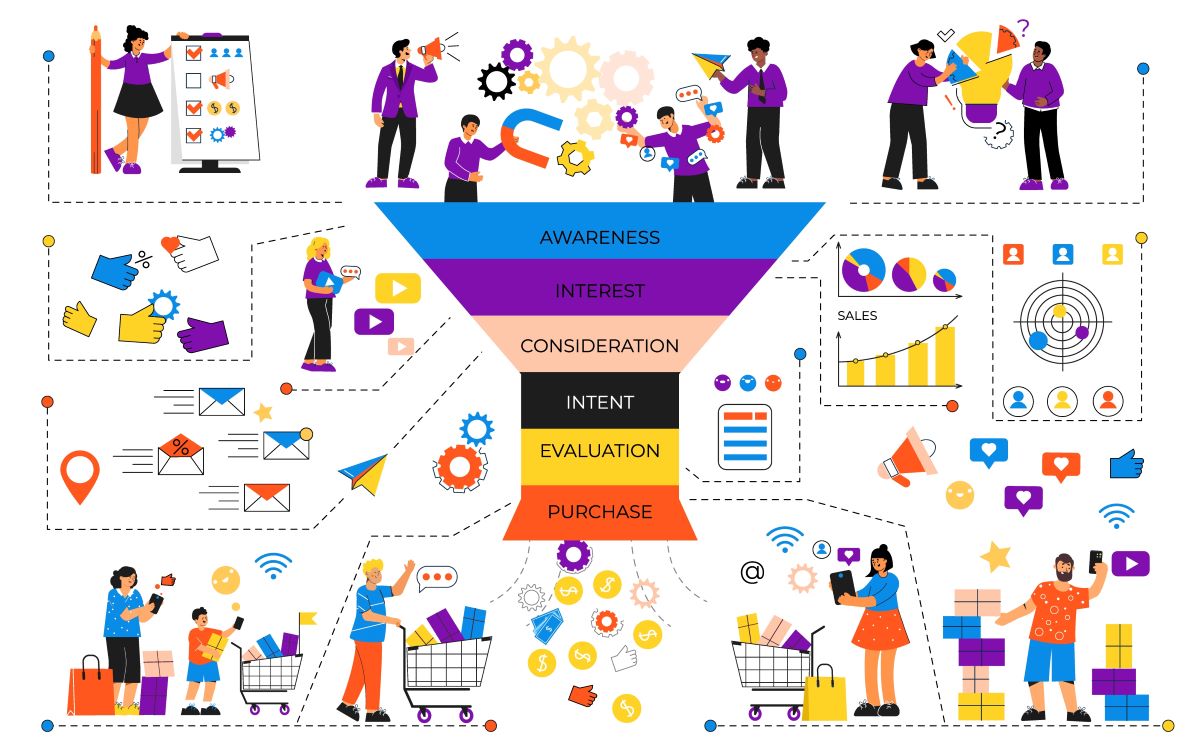
Furthermore, sales automation is a key benefit of CRM integration. CRM systems often come equipped with sales automation features that streamline various aspects of the sales process. These may include lead management, sales opportunity tracking, and automated follow-up communications. Sales teams can focus on building relationships and closing deals, while automation takes care of routine tasks. This results in increased sales efficiency and potentially higher revenue.
Key Considerations for Magento CRM Integration
Compatibility and system requirements
When integrating Magento with a CRM system, compatibility and system requirements are paramount considerations. Ensuring seamless integration hinges upon the compatibility between Magento’s architecture and the CRM platform’s capabilities. Factors such as data formats, API support, and customization options must align to facilitate smooth data exchange and functionality. Additionally, assessing system requirements such as server resources, database configurations, and security protocols is crucial to guaranteeing optimal performance and data integrity post-integration. By meticulously addressing these key considerations, businesses can harness the full potential of their Magento CRM integration, streamlining operations and enhancing customer relationship management efforts.
Customization options
When embarking on Magento CRM integration, you also need to carefully evaluate the available customization options. Customization plays a pivotal role in tailoring the integration to meet specific business needs and workflows. It entails adapting the integration process to accommodate unique data structures, business rules, and user preferences. Robust customization capabilities enable seamless alignment between Magento’s eCommerce functionalities and the CRM system’s features, ensuring a cohesive and tailored solution. By thoroughly assessing customization options, businesses can optimize their integration to enhance efficiency, data accuracy, and overall performance, thereby maximizing the value derived from their Magento CRM integration.
Data synchronization and security
When undertaking Magento CRM integration, two crucial considerations are data synchronization and security. Data synchronization ensures that information flows seamlessly between Magento and the CRM system in real-time or at scheduled intervals. It involves mapping data fields, defining synchronization rules, and implementing mechanisms to handle conflicts and discrepancies. Robust synchronization mechanisms enable businesses to maintain accurate and up-to-date customer data across both platforms, enhancing operational efficiency and decision-making processes.

Equally important is ensuring the security of data exchanged between Magento and the CRM system. This involves implementing encryption protocols, access controls, and authentication mechanisms to safeguard sensitive information from unauthorized access, data breaches, and cyber threats. Compliance with data protection regulations such as GDPR and PCI-DSS is also imperative to mitigate legal and financial risks associated with data security breaches.
Cost and pricing models
It’s pivotal for businesses to carefully evaluate the financial implications associated with integrating Magento with a CRM system. This assessment encompasses various aspects such as initial setup costs, licensing fees, subscription charges, and ongoing maintenance expenses. You should factor in any customization or development costs required to tailor the integration to their specific requirements. Additionally, it may also include transactional fees or usage-based charges. It’s crucial to assess the scalability of the chosen pricing model to ensure that it aligns with the organization’s growth trajectory and budgetary constraints over time.
By conducting a comprehensive analysis of cost and pricing models, businesses can make informed decisions regarding their Magento CRM integration strategy. This enables them to optimize their investment while maximizing the value derived from the integration, ultimately driving efficiency, productivity, and profitability in their operations.
Technical support and maintenance
Businesses should prioritize technical support and maintenance as key considerations. Ensuring access to reliable technical support is crucial for addressing any issues or challenges that may arise during the integration process. This support may come from Magento itself, the CRM system provider, third-party vendors, or in-house IT teams. Organizations should evaluate the availability, responsiveness, and expertise of the support resources offered by these parties to ensure the timely resolution of technical issues.

In addition to technical support, ongoing maintenance is essential for the sustained performance and stability of the integrated system. This includes regular updates, patches, and optimizations to address bugs, enhance security, and introduce new features or functionalities. Establishing a comprehensive maintenance plan and schedule ensures that the Magento CRM integration remains robust, efficient, and aligned with evolving business needs over time.
By prioritizing technical support and maintenance in Magento CRM integration initiatives, businesses can minimize downtime, mitigate risks, and maximize the long-term value of their investment. This proactive approach enables organizations to optimize system performance, enhance user experience, and drive continuous improvements in their customer relationship management efforts.
How to Integrate CRM with Magento
Integrating CRM with Magento involves a series of fundamental steps aimed at establishing a seamless connection between the two systems.
Step 1: Select a CRM platform that aligns with the specific needs and objectives of the business.
Step 2: Create an account and configure it to seamlessly integrate with the Magento eCommerce platform. This configuration process may involve setting up authentication credentials, defining data synchronization rules, and configuring various settings to ensure smooth operation.
Step 3: Install the Magento integration module corresponding to the chosen CRM platform. This module serves as the bridge between Magento and the CRM, facilitating the exchange of crucial customer data and order information. Upon installation, customization options within the integration module allow businesses to tailor the integration to their unique requirements. This may include mapping specific data fields, defining synchronization frequencies, and configuring automated workflows to streamline processes.
Once the integration is successfully configured and tested, businesses can begin leveraging its functionalities to enhance customer relationship management and streamline business operations. For Magento 2 users, CRM extensions offer an efficient solution to automate data syncing and generate insightful reports. However, while these extensions provide basic integration capabilities, they may lack the flexibility to accommodate the diverse needs of medium to large-scale enterprises.
In such cases, engaging third-party CRM Magento integration services becomes advantageous. These services offer specialized expertise in handling complex integration requirements beyond the capabilities of standard CRM extensions. By partnering with experienced integration service providers, businesses can navigate the intricacies of CRM integration seamlessly. Additionally, leveraging integration services helps mitigate risks associated with integration errors and ensures timely implementation, ultimately maximizing the return on investment.
Challenges and Pitfalls to Avoid
Common challenges in integrating Magento with CRM systems can present significant hurdles for businesses seeking to streamline their operations and enhance customer relationship management. These challenges encompass various aspects, each requiring careful consideration and strategic planning to overcome effectively.
Data synchronization and Data quality issues
One of the primary obstacles encountered in Magento CRM integration is ensuring seamless data synchronization between the two systems. As data flows between Magento’s eCommerce platform and the CRM solution, inconsistencies may arise, leading to discrepancies in customer information, order details, and other essential data points. Managing this synchronization process requires meticulous attention to data mapping, transformation, and validation to maintain data integrity and accuracy.

Moreover, data quality issues pose another significant challenge during integration efforts. Incomplete, outdated, or inaccurate data within either the Magento or CRM system can impede the synchronization process, leading to errors and inefficiencies in customer management and decision-making. Addressing these data quality concerns often involves implementing data cleansing strategies, such as deduplication, normalization, and enrichment, to ensure that only reliable and relevant information is exchanged between the two platforms.
Security and compliance concerns
Security and compliance considerations further complicate Magento CRM integration efforts, particularly when handling sensitive customer data. Protecting personal and financial information from unauthorized access, data breaches, and regulatory non-compliance requires robust security measures, encryption protocols, and access controls. Adhering to industry standards such as PCI DSS (Payment Card Industry Data Security Standard) and GDPR (General Data Protection Regulation) adds a layer of complexity to the integration process, necessitating thorough risk assessments and compliance audits.
Resource allocation
A key challenge in Magento CRM integration is resource allocation. How companies distribute their resources significantly impacts the success of integration efforts. Businesses need to allocate adequate time, budget, and human resources to effectively plan, implement, and maintain the integration infrastructure. Insufficient resources can lead to project delays, inadequate testing, and suboptimal outcomes, limiting the organization’s ability to fully leverage the benefits of integrated eCommerce and CRM functionalities.

Cost considerations are a significant aspect of resource allocation in Magento CRM integration projects. Expenses related to customization, technical support, and ongoing maintenance can add up quickly. Balancing the need for tailored solutions with budgetary constraints requires a careful assessment of total ownership costs, including licensing fees, development expenses, training investments, and long-term support commitments. Opting for scalable, modular integration solutions that offer flexibility and cost-effectiveness can help mitigate financial risks and ensure a favorable return on investment in the long run.
Technical expertise
The need for technical expertise represents another challenge for businesses embarking on Magento CRM integration projects. Configuring, customizing, and troubleshooting the integration between Magento and CRM systems requires specialized knowledge of both platforms, as well as proficiency in data integration technologies, APIs (Application Programming Interfaces), and middleware solutions. Lack of internal expertise may necessitate outsourcing integration tasks to experienced developers or consulting firms, adding to the project’s complexity and cost. This is why you should consider using third-party Magento CRM integration services.
User interface compatibility
Ensuring compatibility between the user interfaces of Magento and the CRM platform is essential for facilitating seamless user interactions and workflows. Misaligned design elements, navigation structures, and data presentation formats can lead to usability issues for administrators, sales representatives, and customer service personnel, hampering productivity and user adoption rates. Customizing the user interface to align with the organization’s branding, workflow requirements, and user preferences can help mitigate these challenges and enhance the overall user experience.
Conclusion
The integration of CRM with Magento is a strategic imperative for businesses looking to stay ahead in the eCommerce arena. It empowers them to deliver personalized experiences, optimize operations, drive sales growth, and build lasting relationships with customers. As technology continues to evolve, businesses must embrace the power of integration to unlock new opportunities and drive sustainable growth in the dynamic world of eCommerce.
If you find our content useful and wish for notifications of similar content from Magenest, consider subscribing to our newsletter right below!



